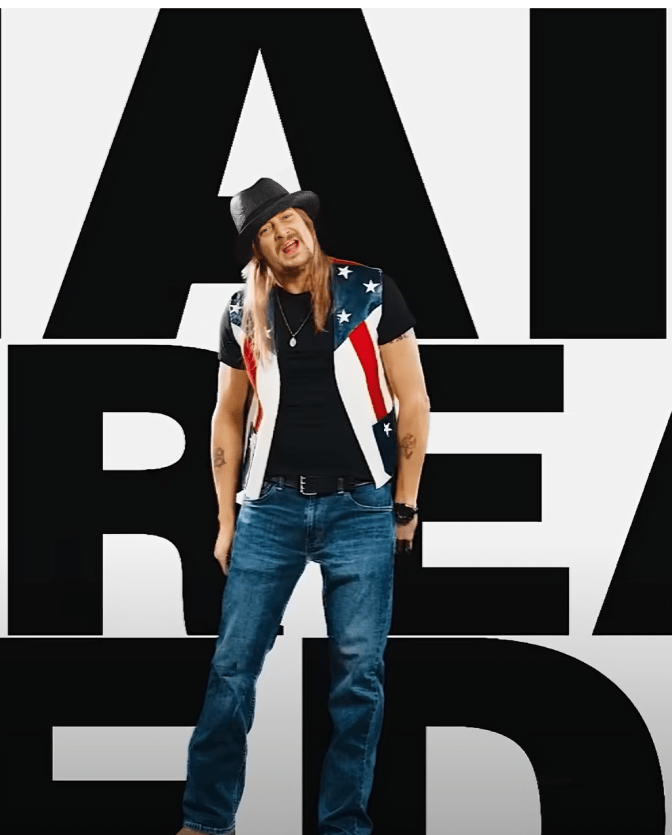Crossword puzzles have captivated enthusiasts for generations, presenting a delightful blend of wit, wordplay, and knowledge. Among the myriad of clues that puzzle solvers encounter, the phrase “senior clergyman” often evokes a sense of reverence and intrigue. This article delves into the potential answers to this crossword clue, focusing on two prominent terms: Bishop and High Priest. Each term embodies not only its ecclesiastical significance but also enriches our understanding of the cultural and historical contexts that surround them.
The Bishop: A Key Figure in Christian Hierarchy
At the heart of Christian ecclesiastical structure lies the Bishop, a title derived from the Greek word episkopos, meaning “overseer.” A Bishop holds a pivotal role within the church, serving as a senior member of the clergy with both spiritual and administrative authority. This esteemed position often entails overseeing a diocese, which is a designated geographic area that encompasses multiple parishes.
Historical Context
The role of the Bishop has evolved significantly since the early days of Christianity. In the early church, Bishops were regarded as successors to the apostles, a notion rooted in the belief that they continued the mission set forth by Christ and his twelve disciples. This apostolic succession is a cornerstone of many Christian denominations, including Catholicism, Orthodoxy, and some Protestant traditions.
The Bishop’s responsibilities extend beyond mere administration; they are spiritual leaders tasked with the pastoral care of their congregations. Their duties often include ordaining priests, performing sacraments, and providing guidance in matters of faith and morality. The Bishop’s influence can be profound, shaping the theological and ethical stances of the community they serve.
The Bishop in Contemporary Society
In modern times, the role of the Bishop remains vital, though the context may vary significantly across different denominations. For instance, in the Catholic Church, Bishops are often seen as pivotal figures in addressing social issues, advocating for justice, and promoting community welfare. In contrast, some Protestant denominations have adapted their governance structures, leading to varying levels of authority and responsibility among Bishops.
The Bishop also holds a significant place in popular culture and literature. This figure often symbolizes moral authority and guidance, representing the struggle between faith and doubt, tradition and modernity. Numerous works of fiction and non-fiction depict Bishops grappling with ethical dilemmas, further cementing their role as complex, multifaceted characters.
High Priest: The Sacred Authority
Another possible answer to the “senior clergyman” crossword clue is High Priest. This term carries rich historical and religious connotations, particularly within the context of Judaism and Christianity. The High Priest is traditionally viewed as the chief religious leader, wielding significant spiritual and ceremonial power.
Roots in Ancient Traditions
In ancient Israel, the High Priest held a unique status, being responsible for performing the most sacred rites, especially on Yom Kippur, the Day of Atonement. They were tasked with entering the Holy of Holies—the innermost sanctuary of the Tabernacle and later the Temple—in order to make sacrifices and seek atonement for the sins of the people. This solemn duty underscored the High Priest’s role as a mediator between God and humanity.
The significance of the High Priest extended beyond ritualistic functions; they also served as spiritual leaders, guiding the community in matters of faith and law. Their authority was often challenged by prophetic figures, reflecting the tension between institutional religion and personal spirituality that has characterized much of religious history.
The High Priest in Christian Theology
With the advent of Christianity, the concept of the High Priest underwent transformation. Early Christians viewed Jesus Christ as the ultimate High Priest, fulfilling and surpassing the traditional role by offering himself as a sacrifice for humanity’s sins. This theological perspective, central to Christian doctrine, emphasizes the direct relationship believers can have with God, rendered possible by Christ’s sacrificial act.
In Christian liturgy, the term “High Priest” is sometimes used to refer to senior clerics who perform significant sacramental duties. This usage underscores the continuity of priestly functions while also acknowledging the evolution of religious practice over the centuries.
The Crossroads of Faith and Crossword
The allure of crossword puzzles lies in their capacity to challenge our intellect while engaging with cultural, historical, and linguistic nuances. The clue “senior clergyman” not only prompts solvers to consider specific ecclesiastical roles but also invites deeper reflection on the significance of these figures within the broader tapestry of religious life.
Clues and Cultural Significance
Exploring crossword clues like “senior clergyman” allows enthusiasts to engage with a rich vocabulary rooted in tradition and authority. Beyond mere definitions, these terms evoke images of leadership, community, and the struggles inherent in spiritual guidance. Whether it’s the Bishop navigating contemporary issues or the High Priest symbolizing ancient rituals, these roles continue to resonate in today’s society.
Crosswords also reflect the changing nature of language and culture. The clues we encounter serve as a barometer of societal values, highlighting the importance placed on spiritual leadership and moral authority throughout history. The inclusion of such terms in popular puzzles underscores their enduring relevance, encouraging players to appreciate the complexities of faith and governance.
A Shared Journey
Ultimately, the exploration of terms like Bishop and High Priest offers a glimpse into the shared journey of humanity in the quest for meaning, understanding, and connection. As crossword enthusiasts piece together letters and clues, they engage in a larger dialogue about spirituality, community, and the roles that shape our lives.
In this way, crossword puzzles become more than just a pastime; they serve as a medium through which we can navigate the rich tapestry of human experience, fostering a deeper appreciation for the concepts that define our spiritual landscapes.









